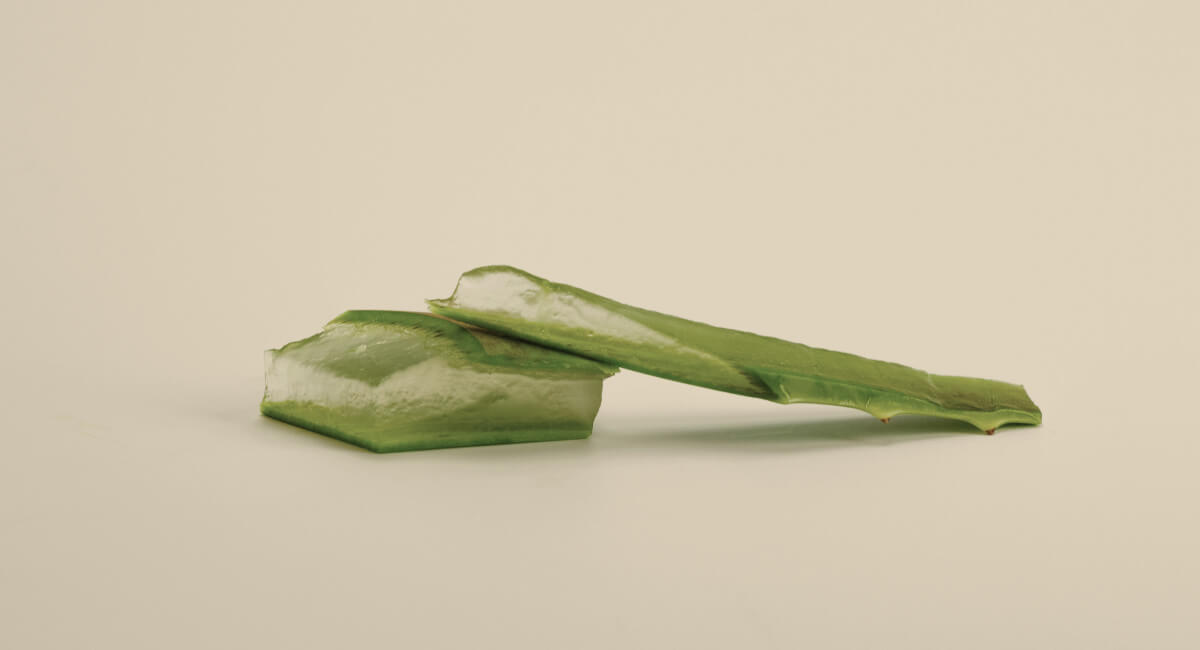For individuals seeking natural solutions to combat tooth sensitivity, there are several options derived from plant-based, mineral, and other organic sources. These alternatives not only alleviate dentin hypersensitivity (DH) but also provide a sustainable and chemical-free approach to oral care. In this blog post, we’ll delve into the most effective natural remedies and explore their mechanisms, backed by scientific evidence.
1. Neem (Azadirachta indica)
Neem is a powerful natural antimicrobial agent that has been used for centuries in traditional oral care practices.
- Mechanism of Action: Neem reduces bacterial buildup, preventing gum disease and plaque, which can exacerbate tooth sensitivity. Its astringent properties strengthen gums and provide a protective barrier over exposed dentin.
- What Research Says: A study found neem extracts effective in reducing plaque and improving gum health, indirectly reducing sensitivity caused by gum recession.
- Citation: Patel, R., et al. (2023). Antibacterial Properties of Neem Extract in Oral Care.
2. Aloe Vera (Aloe barbadensis miller)
Aloe Vera is well-known for its soothing properties, making it an effective option for addressing oral discomfort.
- Mechanism of Action: Aloe Vera gel contains anti-inflammatory compounds that soothe irritated gums and help heal minor oral wounds. These properties can indirectly reduce sensitivity caused by gum inflammation.
- What Research Says: Clinical studies have demonstrated the ability of aloe Vera toothpaste to significantly reduce gingivitis and associated sensitivity.
Citation: Chandra, D., et al. (2024). Efficacy of Aloe Vera Gel in Oral Hygiene: A Randomized Study.
3. Clove Oil (Syzygium aromaticum)
Clove oil is a time-tested remedy for dental pain and sensitivity.
- Mechanism of Action: Eugenol, the active compound in clove oil, has analgesic and anti-inflammatory properties. It numbs the nerves and reduces sensitivity by addressing underlying inflammation in exposed dentin or gums.
- What Research Says: A 2024 study confirmed that clove oil is highly effective in alleviating sensitivity and minor dental pain.
Citation: Gupta, R., et al. (2024). Natural Analgesics in Oral Care: Role of Clove Oil.
4. Coconut Oil (Oil Pulling)
Oil pulling with coconut oil is an ancient Ayurvedic practice for improving oral health.
- Mechanism of Action: Coconut oil contains lauric acid, which has antimicrobial properties. Swishing the oil helps remove bacteria and toxins from the oral cavity, potentially preventing further enamel erosion and sensitivity.
- What Research Says: Studies have shown that oil pulling reduces oral bacteria and improves overall gum health, minimizing the risk of sensitivity.
Citation: Shankar, N., et al. (2023). The Effectiveness of Coconut Oil Pulling on Oral Health.
5. Green Tea (Camellia sinensis)
Green tea is rich in antioxidants and tannins, making it a natural remedy for tooth sensitivity.
- Mechanism of Action: Green tea strengthens enamel and reduces inflammation in gums, providing a protective layer over sensitive areas. Its tannins also help in dentinal tubule occlusion.
- What Research Says: Clinical evidence suggests that rinsing with green tea extract reduces tooth sensitivity and improves enamel resistance to acidic challenges.
Citation: Park, J., et al. (2023). Green Tea Extract and its Role in Reducing Tooth Sensitivity.
6. Baking Soda (Sodium Bicarbonate)
Baking soda is a versatile and natural option for addressing tooth sensitivity and maintaining oral hygiene.
- Mechanism of Action: Baking soda neutralizes acids in the mouth, preventing enamel erosion. It also has mild abrasive properties to clean teeth gently without causing further sensitivity.
- What Research Says: A 2023 study found that toothpaste containing baking soda effectively reduced sensitivity in participants over six weeks of use.
Citation: Kumar, S., et al. (2023). Efficacy of Baking Soda in Managing Dentin Hypersensitivity.
7. Turmeric (Curcuma longa)
Turmeric is a popular natural remedy known for its anti-inflammatory and antibacterial properties.
- Mechanism of Action: The active compound, curcumin, reduces gum inflammation and soothes irritation, indirectly helping with sensitivity caused by gum recession or minor oral wounds.
- What Research Says: Topical application of turmeric paste has been shown to improve gum health and reduce oral discomfort.
Citation: Sharma, V., et al. (2024). Role of Curcumin in Oral Health Management.
8. Nano-Hydroxyapatite
Though not strictly a “natural” remedy, nano-hydroxyapatite is derived from the mineral form of calcium apatite, making it a biocompatible option for natural oral care.
- Mechanism of Action: Nano-hydroxyapatite repairs microscopic enamel defects and occludes dentinal tubules, mimicking the natural composition of teeth.
- What Research Says: Research confirms that nano-hydroxyapatite is as effective as fluoride in managing sensitivity, with additional remineralization benefits.
Citation: Kim, H., et al. (2023). Nano-Hydroxyapatite for Dentin Hypersensitivity: A Clinical Review.
How to Incorporate Natural Remedies Into Your Routine
- Neem or Aloe Vera Toothpaste: Look for natural toothpaste with these ingredients.
- Oil Pulling: Use 1 tablespoon of coconut oil daily for 10-15 minutes before brushing.
- Green Tea Rinse: Brew a strong cup of green tea, let it cool, and use it as a mouthwash.
- Turmeric Paste: Mix turmeric powder with water or coconut oil to make a paste, and apply it to sensitive areas.
Final Thoughts
Natural alternatives to commercial toothpaste provide an excellent solution for individuals seeking a chemical-free approach to managing tooth sensitivity. While these remedies may not work as rapidly as fluoride-based products, they are effective and often come with added benefits for overall oral health.
Before starting any new regimen, consult your dentist to ensure these methods are suitable for your specific dental condition. A balanced approach combining natural remedies and professional care can lead to healthier, pain-free teeth.
You may contact Dr. Vega at Mav Dentistry by calling (310) 533-5947, or check out the products we recommend for oral health by visiting https://mavdentistry.com/products-we-love/




